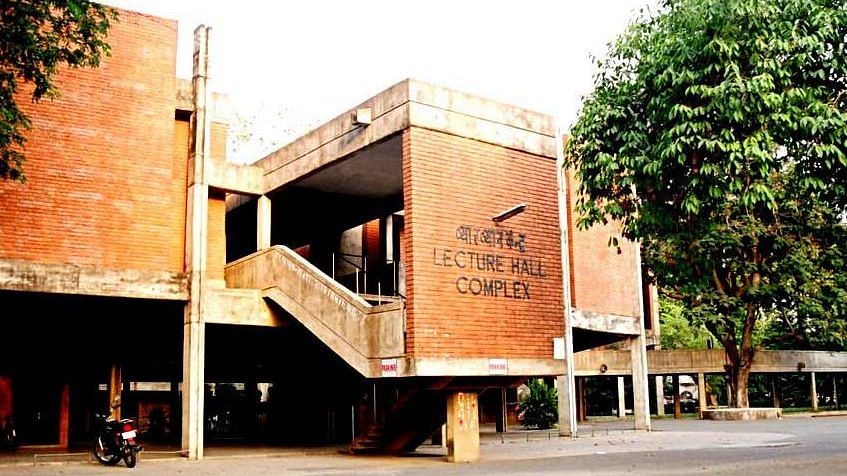New Delhi: A panel constituted by the Indian Institute of Technology, Kanpur, will decide whether ‘Hum Dekhenge’, a poem by legendary Pakistani poet Faiz Ahmed Faiz, is “anti-Hindu”.
The poem was sung by some students at a protest against the Citizenship (Amendment) Act on campus on 17 December, and faculty member Dr Vashi Mant Sharma filed a complaint with the institute against them.
A video of the event had surfaced on social media, where students could be heard reciting the Faiz poem.
Sharma’s complaint demands that “organisers and masterminds be identified and expelled immediately”, IIT-Kanpur deputy director Manindra Agarwal told ThePrint.
The panel, formed a week after the complaint, will also decide whether the students violated Section 144 of the Code of Criminal Procedure, which bars the assembly of four or more people, and whether anything inflammatory was posted on social media.
Also read: Modi govt asks IITs, IIMs, varsities to track student social media posts amid CAA protests
The ‘offending’ lines
The poem is actually titled ‘Wa yabqa wajh-o-rabbik’ after a verse from the Quran, but is commonly known by its refrain “Hum dekhenge (We will see)”. Faiz wrote it in 1979 against the rule of Pakistan’s military dictator Zia-ul-Haq. It has become an anthem of protest in the ensuing years, especially since Iqbal Bano rendered it in Lahore in 1986.
Sharma’s complaint is directed against two lines, “Jab arz-e-Khuda ke kaabe se/Sab but uthwaye jayenge” and “Bas naam rahega Allah ka”, which translate to “when all the idols are removed from God’s Kaaba” and “only Allah’s name will remain”.
“A complaint was received on 19 December by a faculty member against protesting students. The institute decided to form a panel to look into the merits of the complaint,” said Agarwal.
“Any action will be taken on the basis of the panel’s recommendations,” he added.
“The complaint talks about three things… First, the march was in violation of Section 144; second, that there was a poem read, which had a certain line which was hurtful; and third, that subsequent social media posts made by some people were inflammatory.”
Students at the institute had condemned the complaint, saying the gathering was peaceful and is being unnecessarily communalised. The campus journalism body of IIT-Kanpur had written an article titled ‘Don’t communalise the peaceful gathering at IIT Kanpur’, and stated the lines were being taken out of context.
The post has since been removed, after intervention from the administration and formation of the panel.
Also read: What Coke Studio did to Faiz’s song, Pakistan is doing to its people
